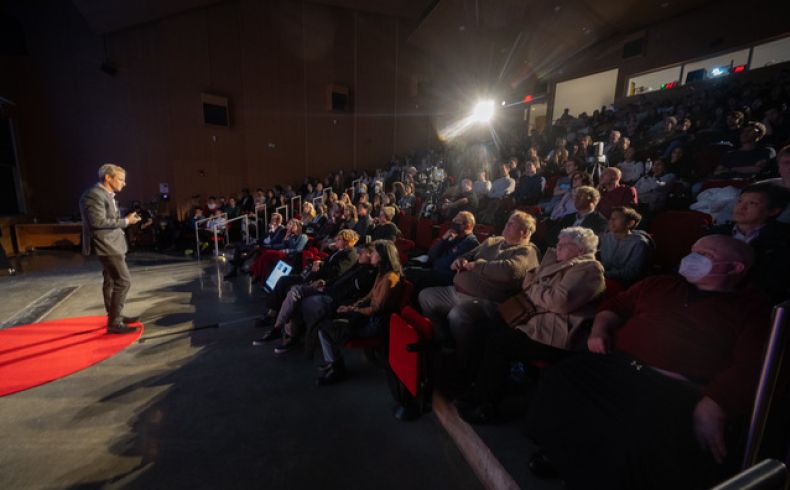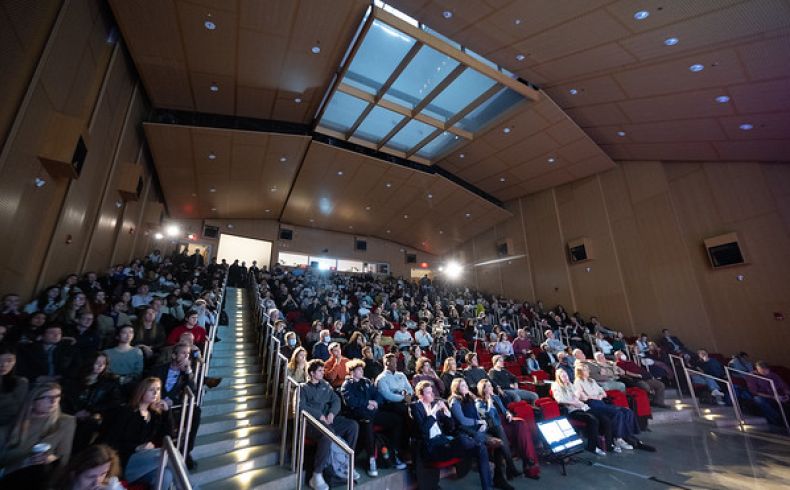For the past 20 years, the DiCarlo research team has been helping to build a contemporary scientific understanding of how a complex network of neurons in the brain processes images so that individuals recognize objects and faces, and they have been building this scientific understanding into precise computer models. Based on this, they are imagining a future where specific targeted visuals – images and movies – can improve physical and mental health. This research may lead to a future where images and movies provide physicians with new, non-invasive and non-pharmacological treatment options to help ameliorate mental health conditions.
James DiCarlo is the Peter de Florez Professor of Neuroscience in the Department of Brain and Cognitive Science at MIT and director of the MIT Quest for Intelligence, and is a principal investigator at the McGovern Institute for Brain Research. His research focuses on using computational methods to understand the brain’s visual system, and with this knowledge, developing brain-machine interfaces to restore or augment lost senses. DiCarlo has received an Alfred P. Sloan fellowship, a Pew Scholar Award, and a McKnight Scholar Award. He earned a PhD in biomedical engineering, and an MD, from Johns Hopkins University. This talk was given at a TEDx event using the TED conference format but independently organized by MIT.



